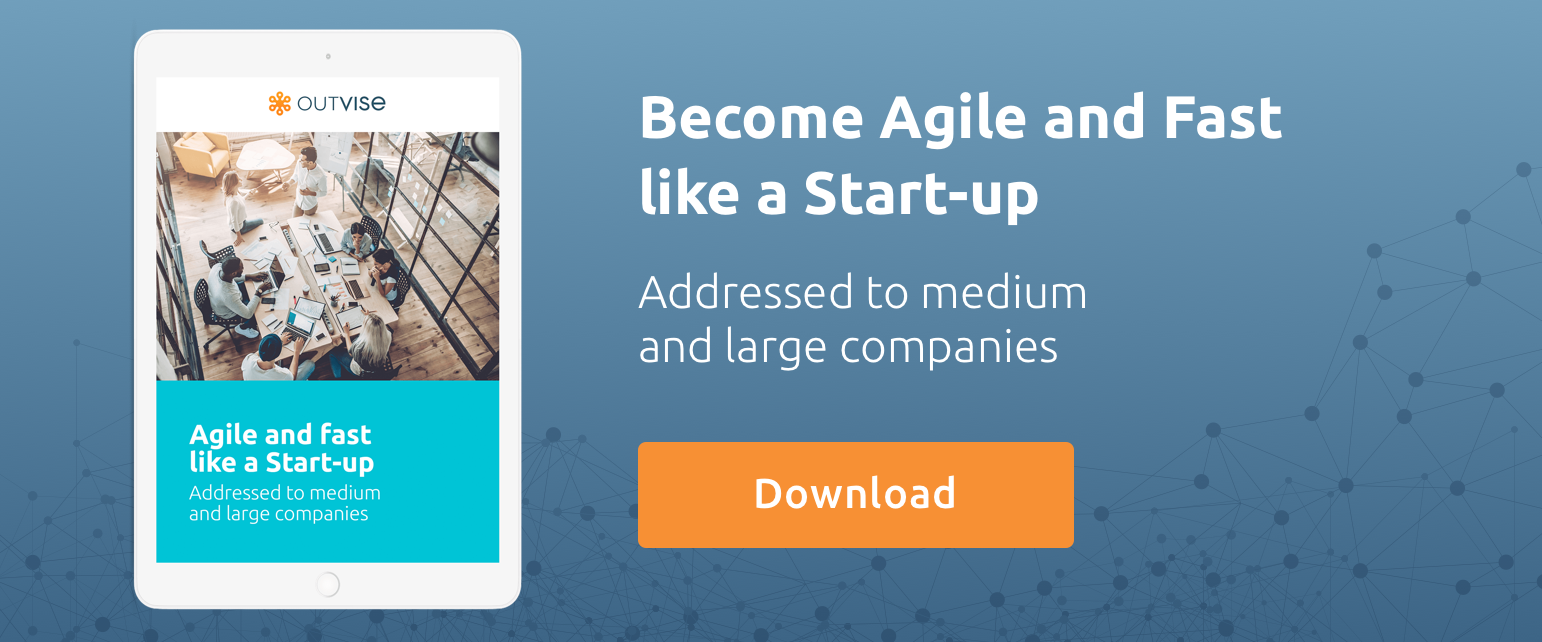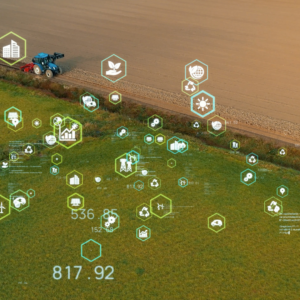Today, the complete digitisation of the business environment demands a more agile way of working. Technological advancements are constantly transforming the competitive landscape, introducing new disruptors and readjusting customer expectations. These turbulent times demand that organisations stay ahead of the curve, with the ability to adapt and adjust their operations at any given moment. Therefore, as an IT engineer, you need to have a good handle on industry developments and shifts. Here, we identify these key trends and explain how CTOs and IT engineers can access the expertise they need to integrate these technologies into their strategy.
Key predictions an IT engineer needs to know
Machine learning may well become a routine function for an IT engineer
If you’re an IT engineer, it’s likely that you’ve long been intrigued by the potential of machine learning. Previously seen as somewhat of a novelty, looking forward, machine learning is going to play a significant part in daily workflows. In some respects, it will become less conspicuous, whilst having a far greater influence on everyday business functions. Naturally, these technologies can perform certain tasks with far greater accuracy and speed than a human being.
For instance, machine learning is already playing a significant role in the travel industry. Analytics and machine learning are mapping itineraries based on previous trips, cross-referenced with the business’s vendor commitments. From here, machine learning will play an integral role in completing revenue and expense reports, enabling businesses to identify purchase patterns and cost optimization options faster and with greater accuracy.
AI and emotional intelligence will converge
Now, the key to exceptional customer service is personalisation; customers want to feel valued, listened to and respected. However, they also expect companies to be at their beck and call around-the-clock – and they expect to be answered fast. Thus, many companies have turned to AI-powered customer support services to meet these expectations. However, this, of course, requires a delicate balance between technology and empathy. If customers feel like they’re talking to a bot, chances are, they’ll turn away from the business.
In 2020, companies are going to be working harder to make their AI more empathetic. This won’t only make customers happy; it also has enormous potential to boost business productivity as manpower is liberated. Moreover, the enormous uptick in investment in AI research is reflected in the numbers. According to a recent report conducted by Accenture, by 2035, AI is set to add an impressive $957 billion in value to the already booming technology sector in India alone.
5G will change the data landscape
5G is set to completely revolutionise the telecoms industry, delivering data speeds up to 20 times faster than current 4G networks. This near-instantaneous data transfer speed won’t only transform the consumer telecoms markets, but also create exciting B2B opportunities. For instance, these connection speeds have the power to facilitate smart factories, cities, or even autonomous vehicles. Thus, telecoms companies have the potential to move into lucrative new verticals; however, moving into 2020, telecoms providers need to develop the hardware and infrastructure to effectively deliver large volumes of data at speed.
Leveraging technology and sourcing relevant IT engineer expertise
Of course, an organisation’s CTO and IT engineer need to align these trends to their business roadmap. The potential of each technology will vary from sector to sector; senior management needs to identify how these trends can streamline their operations. For instance, there’s every chance that businesses that service a small group of high-value clients will have more use for 5G hardware than mass-market AI customer service solutions. Equally, empathetic AI has enormous potential for business that cater to vast consumer markets. There is no one size fits all solution; as an IT engineer, you need to match technology to your systems and business needs.
Often, the best route to effective research, development and rollout is external expertise. Certainly, a senior internal IT engineer will often have substantial knowledge; but to stay ahead of the curve in a turbulent environment, accessing consultants with prior, specific experience can substantially speed up delivery times and ensure quality. With these specialists, businesses can get visibility and insight into new trends and how best to use them.
This is equally the case with product development; with external support, CTOs and senior IT engineers can develop, test and deliver a minimum viable product faster than ever, and ultimately, rapidly create innovative solutions. Industry-specific talent platforms like Outvise allow companies to connect with these niche experts. Tailor-made algorithms match professionals with projects, making talent sourcing as rapid as the desired results. Explore our certified catalogue of professionals here.
Head of Product & CTO, partner at Outvise. Industrial Engineer by ENSAM. Has led the creation of various digital platforms from scratch, as consultant or partner, in Startups and Corporates. Combining strong tech, marketing and strategy skills, Fred is an enthusiast of UI/UX and automation, to build usable, friendly and scalable digital products.






No comments yet
There are no comments on this post yet.